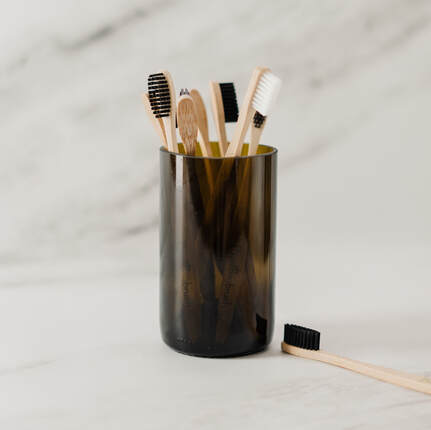Concourse Dental Group
Porcelain Veneers
Porcelain Veneers
Veneers are wafer-thin shells of porcelain bonded to the front side of chipped, worn, stained, or misaligned teeth. Porcelain veneers are strong and durable when firmly bonded to a sturdy structure such as a tooth. They can dramatically improve a person’s smile.
What are the advantages of porcelain veneers?
Porcelain is an extremely smooth ceramic that resists staining. Porcelain veneers mimic the reflection of enamel when they are attached to a tooth. Their translucency gives a sense of depth and a natural appearance.
Veneers can cover minor imperfections and teeth discoloured by fillings. Teeth which have small chips or misshapen surfaces are candidates for veneers, as are naturally discoloured teeth, or teeth darkened by trauma.
Veneers can cover minor imperfections and teeth discoloured by fillings. Teeth which have small chips or misshapen surfaces are candidates for veneers, as are naturally discoloured teeth, or teeth darkened by trauma.
How are veneers put on?
The dentist will examine your teeth and review your x-rays to confirm that veneers are a good option for you. The dental assistant will take impressions of your teeth to fabricate “study models”. After that the dentist will discuss with you whether veneers would be ideal for you.
At your next visit the dentist will shape the teeth. An impression of the prepared teeth is taken and sent to the dental laboratory where the veneers are created. Temporary veneers may then be placed on the teeth.
The final step occurs two to three weeks later. The dentist will remove the temporary veneers, verify the shape and colour of your permanent veneers, then attach them with a special bonding material
At your next visit the dentist will shape the teeth. An impression of the prepared teeth is taken and sent to the dental laboratory where the veneers are created. Temporary veneers may then be placed on the teeth.
The final step occurs two to three weeks later. The dentist will remove the temporary veneers, verify the shape and colour of your permanent veneers, then attach them with a special bonding material
How do I take care of my veneers?
Although a veneer cannot decay, the tooth below might develop cavities or gum disease. Good oral hygiene must be maintained, including brushing and flossing between the veneers and the other teeth. Porcelain veneers are resistant to food stains, but your dentist might recommend avoiding coffee, tea, or red wine. In addition, it is very important to protect the veneers from any undue forces such as clenching or grinding of teeth, biting on hard foods or objects like pens, etc. Such forces can cause the veneers to fracture. If you clench or grind your teeth, your dentist may recommend use of a night-guard or bite-guard to prevent the veneers from fracturing.
How durable are veneers?
There are no rules about how long veneers will last. They can last many years but not necessarily forever. Grinding, clenching, and chewing on hard objects shorten the life span of veneers.
What else should I know about veneers?
Please be aware that veneers are irreversible. Less invasive techniques, such as orthodontics, should be considered before deciding to get porcelain veneers.
|
Concourse Dental Group Dr. Samira Jaffer 65 Queen Street West Concourse Level, Suite BG1060 Toronto, Ontario M5H 2M5 Phone 416-368-7959 Fax 416-368-5697 [email protected] |
